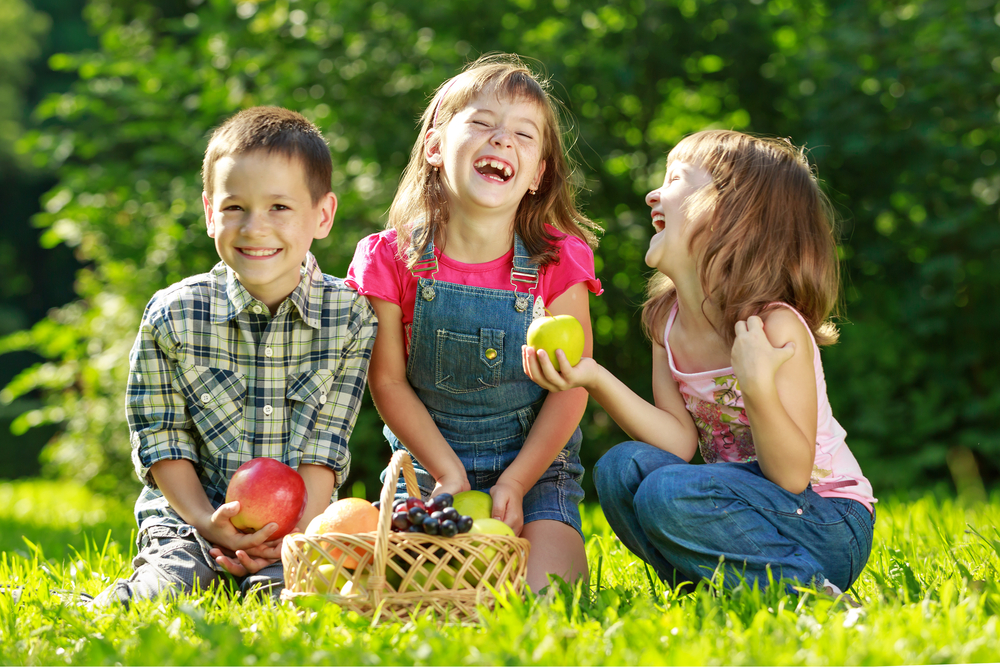I’ve been blessed with three healthy children. I appreciate and am grateful for this gift I have been given. I have aspired to parent consciously. It has not always been easy. I suffered with severe post natal depression on and off for over a decade. My daughter suffered with Anorexia during her teenage years. I divorced my husband after a 20 year marriage. The road has certainly be challenging. Yet, we, the children and I, have come through it stronger and more connected that I ever imagined possible at the time.
One of the fundamental goals and responsibilities for me as a parent for the last 25 years has been the idea of giving my children Roots and Wings. To raise them in a way that they feel they have a strong sense of self and of belonging and at the same time instilling in them through unconditional love, trust and respect the confidence to truly spread their wings and fly. I’m not sure I’ve done this consciously over the years but I’ve certainly been able to articulate it more coherently recently.
What do I actually mean by roots and wings? For me roots are about having a sense of what home means. Home not as in the bricks and mortar necessarily although this does help, but home as the unconditional love and support that home gives. It is the understanding of family and of values. A shelter from the storm, a place inside that is always safe. Even when the family home was sold at the ending of my marriage I kept with me this sense of home so that the transition could be made as easy as possible for the children.
Think of it literally. A plant that is given food and the correct amount of water, talking to and tender loving care WILL grow a strong root system that will sustain it through drought and growth spurts, wind and rain. As will our children.
By roots, I’m also implying an understanding of oneself. I want that my children have spent some time exploring who they are as people in a safe, loving and non-judgmental environment and what better place than at home. My understanding of roots is also about having a sense of place in the world and what better place to explore than at home.
We will all have different experiences in how we were raised and we often either continue in the same vein (if it was a positive, life-affirming experience) or we react against our upbringing and do something quite different. There is of course a middle ground!
Some of us may well have been raised with very strong roots (sometimes these can strangle). We know who we are, who our family is, and we have a very strong identity. We may also have been given the impression of having wings. We may be the bird that has wings yet sits perched in a cage and can fly nowhere. These are not the wings I mean.
To give our children wings means to truly give them the freedom to fly the nest. To trust and love them completely. To give them our blessings to choose the path they will walk. To give them wings without conditions. This is a gift from us to them. Often it is not easy, letting go never is. I have given my children wings and my eldest now lives in Singapore (I’m in London). My daughter works in Overseas Development and plans to live overseas. My heart aches at times yet I know deep within me that this is right and good. I give them my blessing with all my heart. I know that they will come to see me, that I will always be part of their lives. Because I have given them wings with which to fly I know that those wings will fly back home too when they needs to reconnect……there is always soup on the stove and a batch of brownies at home!
Six months ago I wrote an email to my eldest son for his birthday. It was an outpouring of my wisdom for him. Would he read them? Would he appreciate them or consign them to his email trash? He loved them and I then shared them (with his permission) in a blog for The Huffington Post. The response was astounding! This led me to develop these words of wisdom further resulted in the publication of my book 40 Words of Wisdom for my 24 Year Old: A Parenting Manifesto.

Rebecca Perkins is the author of Best Knickers Always: 50 Lessons for Midlife and founder of RebPerkins.com. Her latest book 40 Words of Wisdom for my 24 Year Old: A Parenting Manifesto (originally a Huffington Post blog) was published in April.
She began writing to make sense of her life after the ending of her 20 year marriage. Rebecca is a NLP Master Practitioner and Personal Performance Coach working with women to navigate the transition of midlife. She is passionate about midlife as a time for renewal and for living the second half of life with enthusiasm and vigour.
As a coach she is challenging and fun, motivating and inspiring. Midlife has taught her to be open-minded, to take more risks, to enjoy the simple things and to live each and every day with the question, ‘If not now, when?’ She lives in London and enjoys supporting and being surrounded by her children, spending time with her guy and celebrating life after 50.
You can contact Rebecca via her website and follow her on Facebook, Twitter, Instagram and Pinterest as well as YouTube.


![It’s the simple things that are everything. We know play, conversation, micro-connections, predictability, and having a responsive reliable relationship with at least one loving adult, can make the most profound difference in buffering and absorbing the sharp edges of the world. Not all children will get this at home. Many are receiving it from childcare or school. It all matters - so much.
But simple isn’t always easy.
Even for children from safe, loving, homes with engaged, loving parent/s there is so much now that can swallow our kids whole if we let it - the unsafe corners of the internet; screen time that intrudes on play, connection, stillness, sleep, and joy; social media that force feeds unsafe ideas of ‘normal’, and algorithms that hijack the way they see the world.
They don’t need us to be perfect. They just need us to be enough. Enough to balance what they’re getting fed when they aren’t with us. Enough talking to them, playing with them, laughing with them, noticing them, enjoying them, loving and leading them. Not all the time. Just enough of the time.
But first, we might have to actively protect the time when screens, social media, and the internet are out of their reach. Sometimes we’ll need to do this even when they fight hard against it.
We don’t need them to agree with us. We just need to hear their anger or upset when we change what they’ve become used to. ‘I know you don’t want this and I know you’re angry at me for reducing your screen time. And it’s happening. You can be annoyed, and we’re still [putting phones and iPads in the basket from 5pm] (or whatever your new rules are).’♥️](https://www.heysigmund.com/wp-content/plugins/instagram-feed-pro/img/placeholder.png)
I’ve literally just finished reading Rebecca Perkins: ‘Best Knickers Always’ so it was lovely to read some more from her. I enjoy her passionate way of writing and living and will be checking out her website.
Thanks for the article.
Oh thank you Daphne…you’ve just made my day! Wishing you a very happy weekend.